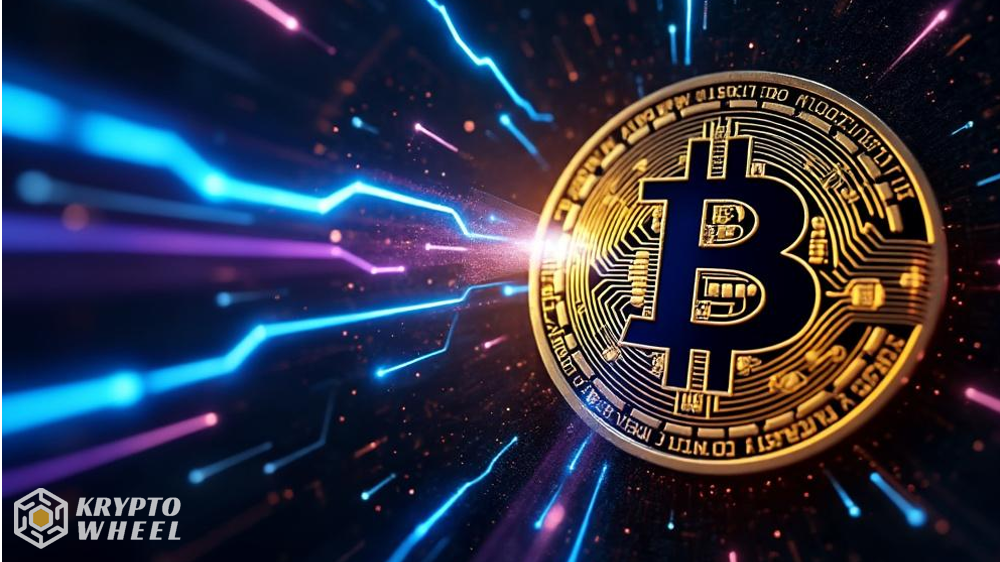South Korea’s Biggest Banks Team Up for a Won-Backed Stablecoin
Eight of South Korea’s largest banks—KB Kookmin, Shinhan, Woori, Nonghyup, Industrial Bank of Korea, Suhyup, Citibank Korea, and SC First Bank—are joining forces to create a stablecoin pegged to the Korean won. It’s a first for the country’s financial sector, and honestly, it feels like a long time coming. The project is being developed with input from the Open Blockchain and DID Association and the Financial Supervisory Service, though the details are still being worked out.
Talks about shared infrastructure and how everything will operate are ongoing. If all goes smoothly—and that’s a big *if*, given how regulations tend to move—the joint venture could be up and running by late 2025 or early 2026.
Why Now? The Push Against Foreign Dominance
Banks aren’t doing this in a vacuum. Private companies abroad, especially in the U.S. and Japan, have been rolling out their own stablecoins, often tied to the dollar. The worry, at least for South Korean banks, is that relying too much on foreign-backed digital currencies could leave the local economy vulnerable. A won-pegged stablecoin might help balance things out.
There are two models on the table right now. One is a trust-based system where customer funds are held separately before coins are issued. The other is a deposit token model, where digital tokens act as a direct 1:1 claim on bank deposits. Both have pros and cons, and neither’s a sure thing yet. Legal and technical teams are still weighing the options.
Where This Fits in South Korea’s Digital Economy
This isn’t part of the central bank’s digital currency (CBDC) project, though it might eventually link up with national systems. The consortium’s stablecoin could be used for everyday payments, cross-border transfers, or even newer Web3 financial services—assuming regulators give the green light.
But there’s a catch. Consumer protections and approval processes aren’t fully ironed out yet. People won’t use this thing if they don’t trust it, and right now, trust is still under construction.
The banks seem optimistic, though. Whether that optimism is justified? Well, we’ll find out in a couple of years.










